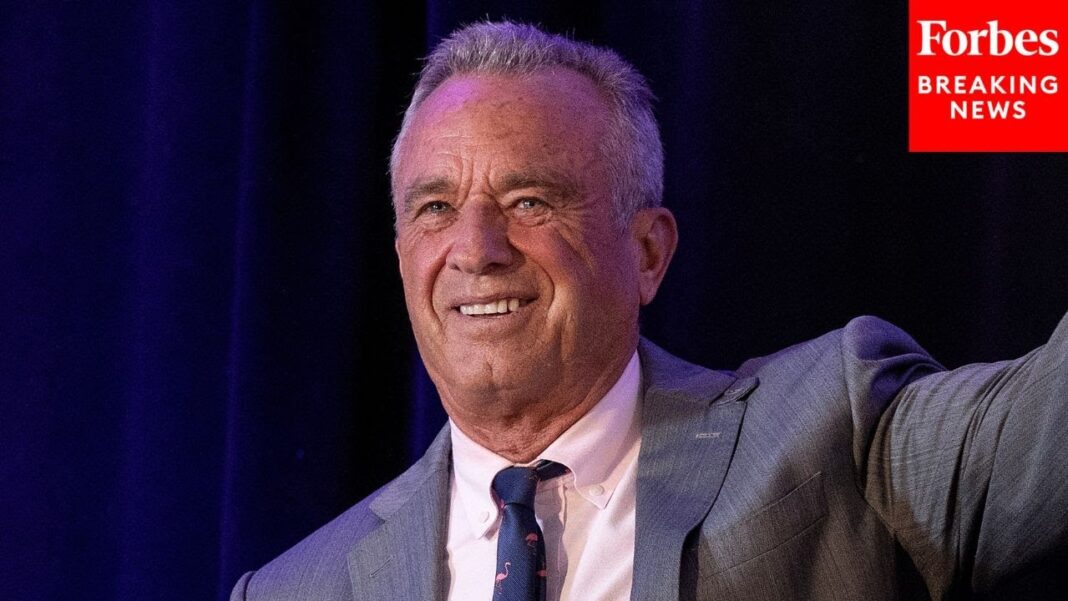
Government lawyers argued in court that two “fundamental errors” were made when a judge determined the invocation of the Emergencies Act in response to the 2022 Freedom Convoy protest was unjustified.
The Federal Court of Appeal began a two-day hearing on Feb. 4 on the Liberal government’s appeal of a 2024 decision by Justice Richard Mosley. Lawyer Michael Feder, who represented the government, argued that the justice erred by using his “own findings of fact and law as if he were the first instance decision maker,” while giving less weight to the Governor in Council’s (GIC) justifications for invoking the Emergencies Act in response to the protest.
The Freedom Convoy protest was started in response to a mandate requiring COVID-19 vaccination for truck drivers crossing the Canada–U.S. border, as well as other public health measures and restrictions. The protest took the form of encampments of vehicles gathering in Ottawa, as well as protests in other cities and Canada-U.S. border crossings.
The Liberal government invoked the Emergencies Act on Feb. 14, 2022, which gave law enforcement expanded powers to arrest demonstrators, allowed for the freezing of the bank accounts of some protesters, and required towing companies to remove protesters’ vehicles from Ottawa’s downtown core.
The Public Order Emergency Commission, created to determine whether the Liberal government was justified in invoking the Emergencies Act, heard from dozens of witnesses from the government, law enforcement, the city of Ottawa, and the protest over the course of several months. Commissioner Paul Rouleau, an Ontario Court of Appeal justice, determined on Feb. 17, 2023, that cabinet had met the “very high” threshold to invoke the act.
Rouleau said the government had “reasonable grounds to believe that there existed a national emergency arising from threats to the security of Canada that necessitated the taking of special temporary measures.” The legislation surrounding the Emergencies Act states it can be invoked if there is a threat to the security of Canada so serious that it constitutes a national emergency.
However, on Jan. 23, 2024, Justice Mosley ruled that Ottawa’s invocation of the Emergencies Act was not reasonable, and that it infringed on Canadians’ Charter rights. He said the Act’s invocation interfered with Charter Sections 2(b), which deals with freedom of thought, belief, opinion, and expression, and Section 8, which deals with the right to be secured from unreasonable seizure, and that the freezing of bank accounts was “not minimally impairing.”
The same day as Mosley’s ruling, then-Deputy Prime Minister Chrystia Freeland said the federal government would be appealing the decision, adding that the invocation of the Emergencies Act was “a hard decision to take“ but also ”the necessary thing to do.”
The two civil liberties organizations that were involved in the court case against the government’s use of the act had argued that the government did not meet the legal threshold to invoke the legislation in response to the protest.






